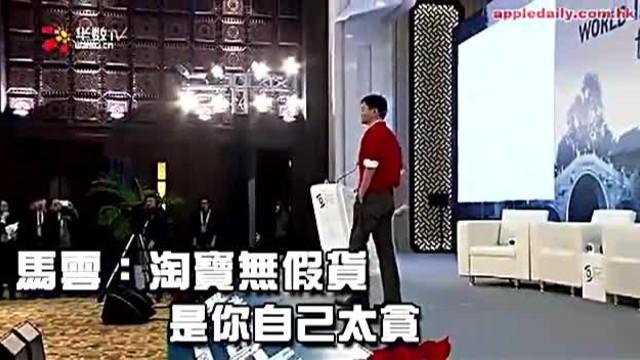Taobao, a massive online marketplace that is China’s equivalent to Ebay, was recently audited by China’s industrial regulators—they found that in some cases, over half the items being sold were counterfeit.
The number of genuine products on Taobao was 37.25 percent, according to the State Administration for Industry and Commerce—meaning the rest, based on the sample set, were fake.
SAIC, the government department, ordered samples of 92 products, finding that 54 of them—or 58.7 percent—were the genuine article. The record was much worse for cell phones—only 28.57 percent, according to Beijing Times, a state-run newspaper under People’s Daily.
The test targeted not just Taobao but other major online retailers, including Jingdong Mall, Tmall.com, and a number of others. The product categories they looked at included cosmetics, electronics, child’s toys, auto parts, clothing, and even agricultural supplies. They selected top brand names in those various product sectors—often including foreign brands—and assessed whether what was being sold under that brand was the real thing.
At the conclusion of its report the SAIC issued a stern admonishment of the online retailers for their “lax gatekeeping.”
The findings stand in conflict with the protestations of Jack Ma, head of Alibaba, the e-commerce giant which recently held its initial public offering on the New York Stock Exchange, and which owns Taobao. Last November at the World Internet Forum in Yiwu, Zhejiang, Ma said “If we were selling fake goods, would we being doing 6 or 7 billion yuan in transactions every day?”
There were no fake goods at all on Taobao, he said.





